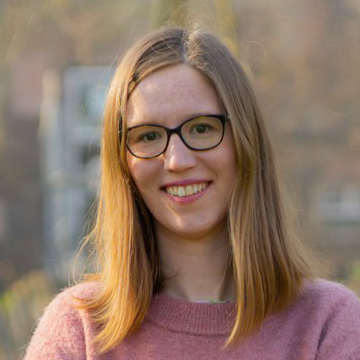 \
&
Contact us
\
&
Contact us
 \
&
Contact us
\
&
Contact us
The ERDERA partnership was launched in September 2024, with a budget of 380 million euros & uniting over 170 organisations. It will coordinate national, local and European research and innovation programmes, combining research funding and implementation of research supportive activities such as training, data access infrastructures, data standards etc.
The main goal is to improve the life of patients with rare diseases by developing diagnostics and treatments for rare diseases through multidisciplinary research and innovation programmes with all relevant stakeholders. This will increase impact and uptake of research results as well as increase the visibility of EU leadership in rare diseases research.
Since it took off in 2024, ERDERA has launched 1 joint transnational call. ERDERA has announched it will soon launch it's first Clinical Trials call. Find out more on the funding page on the ERDERA website.
Subscribe to the ERDERA newsletter here.
Contact ERDERA via the contact form on the ERDERA website: ERDERA - European Rare Diseases Research Alliance
Commission services: RTD-RD-PARTNERSHIP@ec.europa.eu
Partnerships group the EC and private and/or public partners, to coordinate and streamline the research & innovation initiatives and funding in some selected key domains.

sarah.stroobants@fwo.be
PARSEC, funded under Horizon Europe Cluster 3 Call 'Advanced detection of threats and illicit goods in postal and express courier flows' aims to solve challenges facing eCommerce caused by threats and illicit goods in postal and express courier flows. The Flemish company CBRA Services coordinates the project.